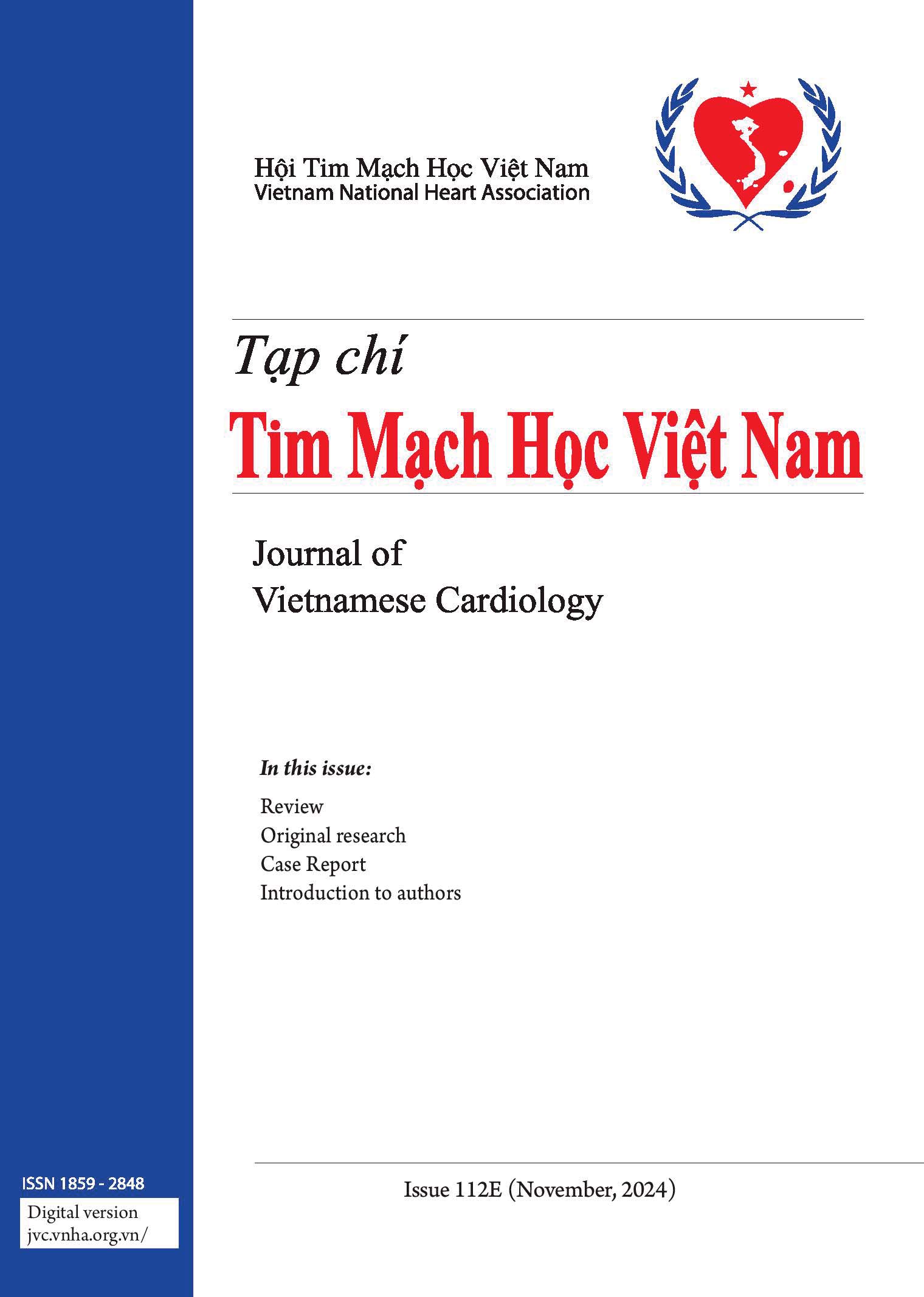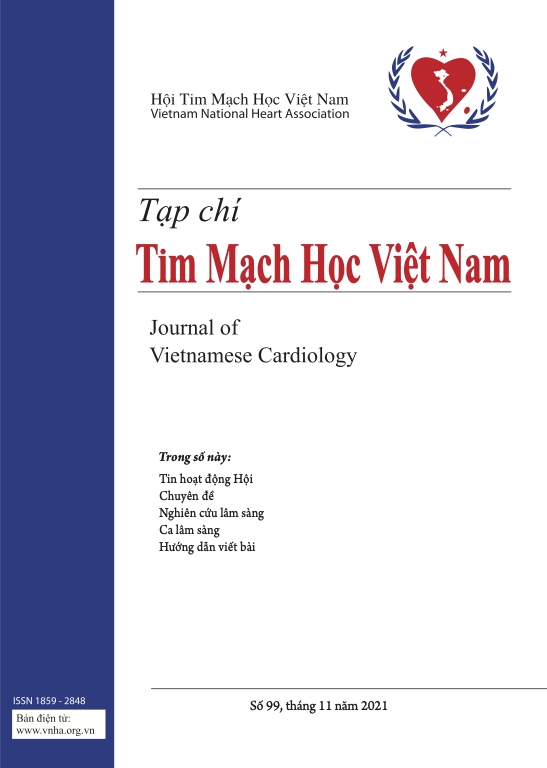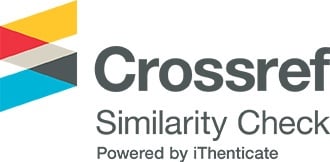The correlation between disease awareness, disposition, and caregiving competency among parents of children with congenital heart disease in selected communities in Vietnam
DOI:
https://doi.org/10.58354/jvc.112E.2024.862Từ khóa:
Disease awareness, disposition, caregiving competency, congenital heart disease, parentsTóm tắt
Objectives: To investigate the relationship between disease awareness, caregiving disposition, and competency among parents of children with congenital heart disease.
Methodology: A correlational descriptive study was conducted involving 275 parents of children with congenital heart disease across three regions: the Mekong Delta, Central Highlands, and Central Coastal areas.
Results: Parents of children with congenital heart diseases demonstrated a high level of disease awareness, with a mean score of 3.82. Their atttitude towards the condition was notably positive, scoring an average of 4.65, and their caregiving competency was similarly strong, with a mean score of 4.36. While no significant correlation was found between disease awareness and both disposition or caregiving competency, a significant positive correlation was identified between attitude and caregiving competency, reflected by a high correlation coefficient and a p-value of less than 0.001. Furthermore, the study revealed that the linear regression model had an r² value of 0.386, indicating that 38.6% of the variability in caregiving ability could be explained by factors, such as acceptance of the condition, recognition of parental role, and support and collaboration with other parents of children with congenital heart disease.
Conclusions: Disposition and caregiving competency play a critical role in determining the health outcomes and quality of care for children with congenital heart disease. As such, it is essential to design and implement specialized training programs tailored for parents, aimed at strengthening their caregiving skills and improving the overall well-being of their children.
Tài liệu tham khảo
Morawska A, Calam R, Fraser J. Parenting interventions for childhood chronic illness: a review and recommendations for intervention design and delivery. J Child Health Care. 2015;19(1):5-17. doi:10.1177/1367493513496664
![]()
Bouma BJ, Mulder BJ. Changing Landscape of Congenital Heart Disease. Circ Res. 2017;120(6):908-922. doi:10.1161/CIRCRESAHA.116.309302
![]()
Cardoso VJ, Marten MV. Care for families of children with chronic disease. Journal of Nursing UFPE/Revista de Enfermagem UFPE 12.5. 2018.
![]()
Chowdhury D, Johnson JN, Baker-Smith CM, et al. Health Care Policy and Congenital Heart Disease: 2020 Focus on Our 2030 Future. J Am Heart Assoc. 2021;10(20):e020605. doi:10.1161/JAHA.120.020605
![]()
Kunnara M. Factors influencing caregivers' uncertainty of children undergoing cardiac surgery in Bangkok, Thailand. Journal of health research. 2022;36(5), 919-928.
![]()
Lorente M, Azpiroz MJ, Guedes P, et al. Nutrition, dietary recommendations, and supplements for patients with congenital heart disease. International Journal of Cardiology Congenital Heart Disease. 2023;12(12):100449. doi:10.1016/j.ijcchd.2023.100449
![]()
Osama HE, Tayseer FF, Mariam Z. Knowledge, attitude and practice of parents’ of children with congenital heart disease in a developing country. Journal pediatric neonatal care. 2020;10(5):126-132. doi:10.15406/jpnc.2020.10.00424
![]()
Willems R, Werbrouck A, De Backer J, et al. Real-world healthcare utilization in adult congenital heart disease: a systematic review of trends and ratios. Cardiol Young. 2019;29(5):553-563. doi:10.1017/S1047951119000441
![]()
Wu W, He J, Shao X. Incidence and mortality trend of congenital heart disease at the global, regional, and national level, 1990-2017. Medicine (Baltimore). 2020;99(23):e20593. doi:10.1097/MD.0000000000020593
![]()








